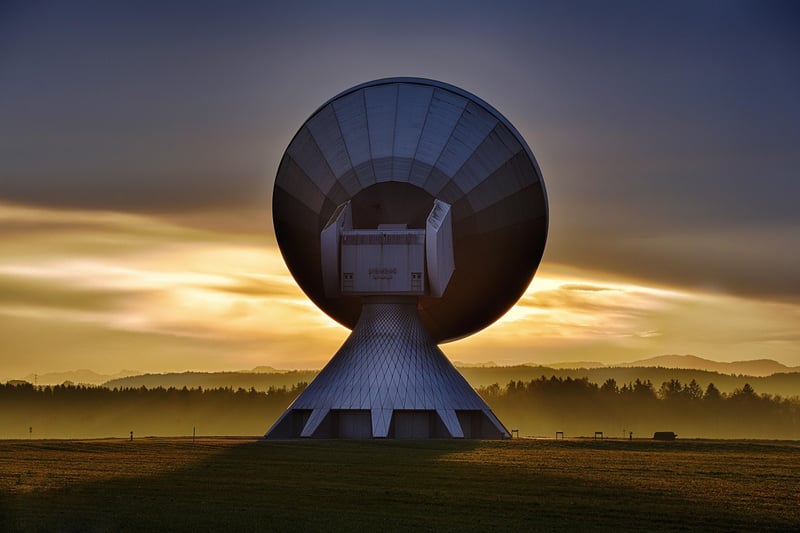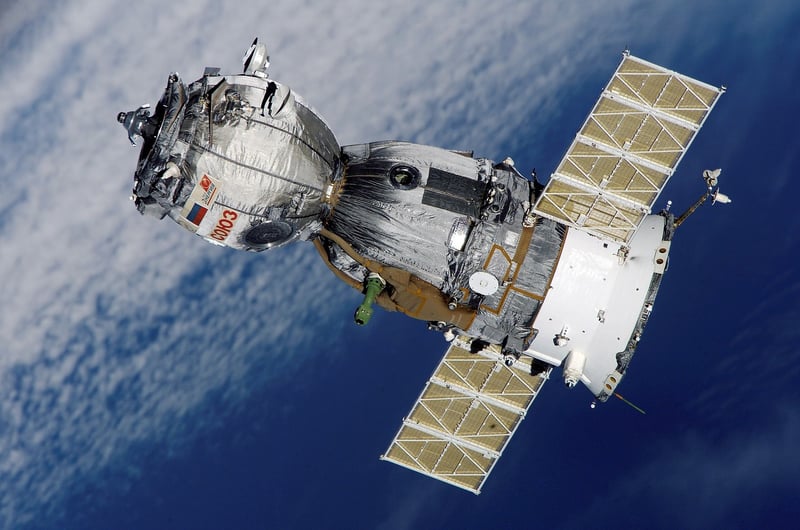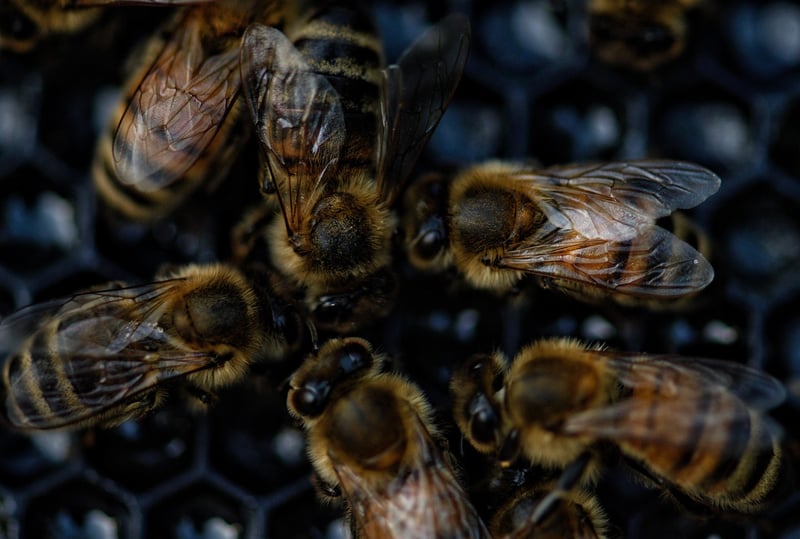Space Colonies
Exploring Diverse Worlds: A Glimpse into Space Colonies

Space colonization has always been a fascinating topic, capturing the imagination of many. The idea of humans living beyond Earth, on different planets or in space habitats, opens up a realm of possibilities for exploration and discovery.
Why Space Colonies?
Space colonies offer a unique opportunity to expand humanity's presence beyond Earth, ensuring the survival of our species and advancing scientific research. By establishing colonies on other planets or in space, we can learn more about our universe and potentially find resources that could benefit our planet.
The Diversity of Space Colonies
Space colonies come in various forms, from habitats on Mars to space stations orbiting Earth. Each colony is designed to provide a sustainable environment for humans to live and work in space.
Mars Colonies

Colonizing Mars has been a popular topic among space enthusiasts. With its similarities to Earth and the potential for resources like water ice, Mars presents a promising option for future human settlements.
Space Stations

The International Space Station (ISS) is a prime example of a space colony where astronauts from different countries live and conduct experiments in microgravity. It serves as a platform for scientific research and international cooperation.
The Future of Space Colonies
As technology advances and space exploration continues to evolve, the possibilities for space colonies are endless. From mining asteroids for resources to terraforming planets for human habitation, the future of space colonization holds great potential.
Exploring diverse worlds through space colonies not only expands our understanding of the universe but also challenges us to push the boundaries of what is possible for humanity.
Are you ready to embark on a journey to these diverse worlds and witness the marvels of space colonies?
